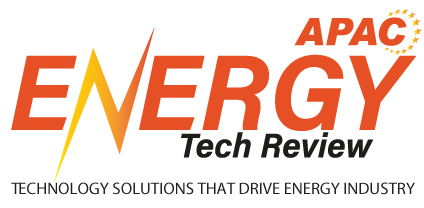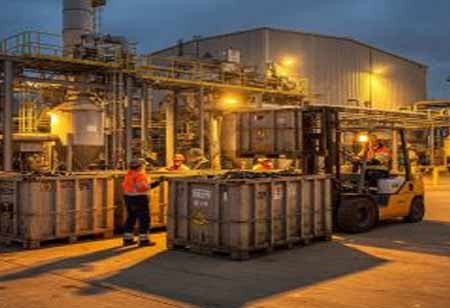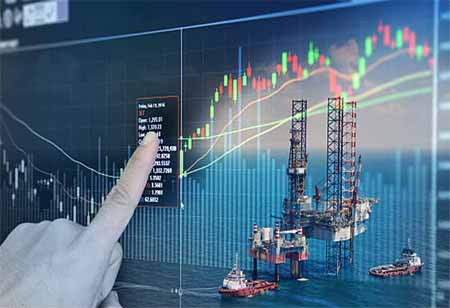CLOSE
Specials
I agree We use cookies on this website to enhance your user experience. By clicking any link on this page you are giving your consent for us to set cookies. More info
Be first to read the latest tech news, Industry Leader's Insights, and CIO interviews of medium and large enterprises exclusively from Energy Tech Review
Thank you for Subscribing
Reasons Why Solar Energy Asset Management is Important
Solar energy asset management ensures that solar photovoltaic (PV) systems are operated and maintained to maximize their performance.

By
Energy Tech Review | Monday, July 10, 2023
Stay ahead of the industry with exclusive feature stories on the top companies, expert insights and the latest news delivered straight to your inbox. Subscribe today.
Solar asset management employs a considerably broader approach. It manages the solar company's contractual obligations, such as regulatory compliance, external partnerships, and the solar energy portfolio.
FREMONT, CA: Solar energy asset management ensures that solar photovoltaic (PV) systems are operated and maintained to maximize their performance and financial returns. It includes monitoring system performance, maintaining equipment, resolving issues, and managing power purchase agreements (PPAs) with the solar power utilities sector. Asset managers must also remain current on solar industry developments, such as new technologies and regulations. Solar asset management aims to maximize the return on investment (ROI) for the system owner by ensuring that the PV system is operating at peak efficiency and producing the maximum amount of power feasible.
Solar asset management entails monitoring the PV system's performance, troubleshooting potential issues, and adjusting the system's output as required. In some instances, solar asset management may also include repairing or replacing PV system components that have become damaged or deteriorated over time. Asset management is essential because solar installations perform optimally and generate the most energy possible. Preventive maintenance is also a component of solar asset management, as it helps to avert future issues before they arise. Solar asset management is essential for ensuring that solar installations generate maximum energy output and the highest possible financial return on investment.
Solar panels are a long-term investment, so companies want to ensure they continue operating efficiently for decades. A solid asset management system will assist in identifying and resolving any issues that may affect the performance of solar panels, like shading from trees or other objects, dirt, debris accumulation, and so on. A solar PV system must generate electricity daily to maximize returns. Good asset management will assist in monitoring the system's performance and making any necessary adjustments to ensure that it operates as efficiently as feasible.
Solar photovoltaic (PV) systems are a substantial investment, so minimizing problems that could result in financial loss is essential. Effective asset management will assist in identifying and mitigating potential risks, such as those associated with adverse weather, theft, vandalism, and so on. There are several government incentives and regulations for solar PV systems, and it is essential to adhere to these. A competent asset management system will assist in staying abreast of regulatory changes and ensuring that the system satisfies all applicable requirements. There are numerous compelling reasons to implement an effective solar asset management strategy.

Copyright © 2025 Energy Tech Review. All rights reserved






